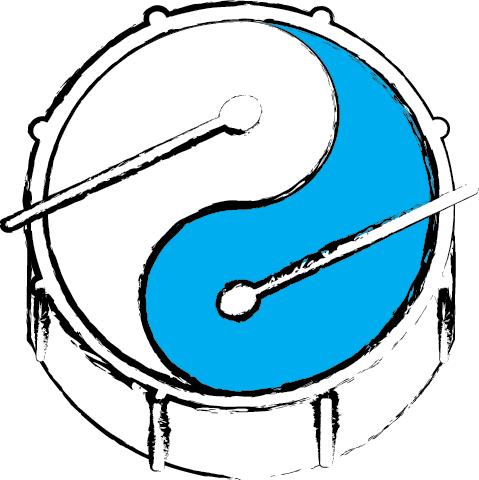In the summer of 2025, a quiet but important conversation took place at the kitchen table of the Morales family in Scarsdale, New York.
It was June, the school year had just ended, and their son, Leo—a bright, restless nine-year-old—was packing his bag for camp. His mother, Angela, was folding socks when she paused.
“Should we ask the camp for something to show his teacher in September?” she said aloud, mostly to herself. “Like, a summary of what he worked on?”
Her husband chuckled. “It’s summer camp, not algebra.”
But Angela didn’t laugh. “Still,” she said, “it’d be nice to show he’s learning something at camp, not just doing tie-dye and capture the flag.”
“He is learning things while playing at camp,” he replied.
But, what Angela wanted wasn’t unusual. In fact, it was becoming common.
Across the country, parents were beginning to ask for evidence—not just memories—of what their children were doing at camp. And that seemingly simple question—“What did my child learn this summer?”—is beginning to reshape the entire camp industry.
To understand what’s happening, you have to look at two converging trends.
The first is the rise of “stealth education”—a term educators use for learning that doesn’t feel like school. Think chess taught through storytelling, or science through cooking. Parents love it. Kids barely realize they’re learning. Camps, with their natural settings and unstructured time, are perfect for this.
The second is data. Since the early 2010s, schools have become increasingly driven by metrics: learning outcomes, reading benchmarks, social-emotional learning rubrics. Parents, immersed in this world, are starting to expect the same clarity from other youth experiences.
Camps, by contrast, have traditionally traded in intangibles. They offer “growth,” “friendship,” “confidence.” These are noble and real outcomes—but they’re hard to put into a bullet point for a teacher or a college admissions office.
And that’s the crux of the shift. Parents are no longer content with a popsicle-stick photo frame and a good story. They want proof. They want a portfolio.
Which brings us to an unlikely but central player in this transformation: the camp database.
For years, databases at camp were little more than glorified filing cabinets—places to hold medical records, bus assignments, emergency contacts. Then came scheduling tools. Then staff evaluations. Then behavior tracking.
Now, the next evolution is here: curriculum mapping.
The camps that thrive in the next decade will be the ones that treat learning outcomes not as an afterthought, but as a feature. That means programming connected directly to a camper’s record. Not just “attended woodworking,” but “completed project demonstrating measurement and fine motor planning.” Not just “group games,” but “demonstrated leadership in peer negotiation and team-building.”
It doesn’t have to mimic Common Core. It doesn’t have to feel like school. But it does need to be organized, intentional, and—crucially—visible.
The database becomes the connective tissue. A module that logs progress. A dashboard that shows growth. A template that builds consistency from counselor to counselor, session to session.
This isn’t just recordkeeping. It’s branding. It’s marketing. And for parents like Angela Morales, it’s the difference between a “nice summer” and an “investment in their child’s future.”
Already, the early adopters are seeing the difference.
One camp in Northern California now sends parents a three-page “Camper Growth Report” at the end of each session, outlining skills in communication, creative thinking, and conflict resolution. They don’t claim it’s a transcript. They call it “The Summer Snapshot.”
Another camp in Maine created a curriculum for their makerspace—complete with design challenges, reflection journals, and a badge system. Suddenly, their afternoon tinker-time had structure. And prestige.
These camps aren’t schooling children—they’re reframing what summer can be. And they’re documenting it.
In five years, this won’t be a competitive edge. It will be the cost of doing business.
If history is any guide, this shift won’t be loud. It won’t come from regulation or mandates. It will come, as most revolutions do, from the kitchen table. From a parent folding socks, wondering if there’s something more her child could take away from camp.
It will come from the counselor who jots a note in a database, not knowing that the small act of documentation is the first brushstroke in a much bigger picture.
And it will come from camps that realize the real opportunity of summer is not just to entertain—but to educate. Not like school, but like camp always has: through doing, through trying, through failing, and trying again.
The only difference now is this: we’ll be ready to write it down.

Leave a Reply